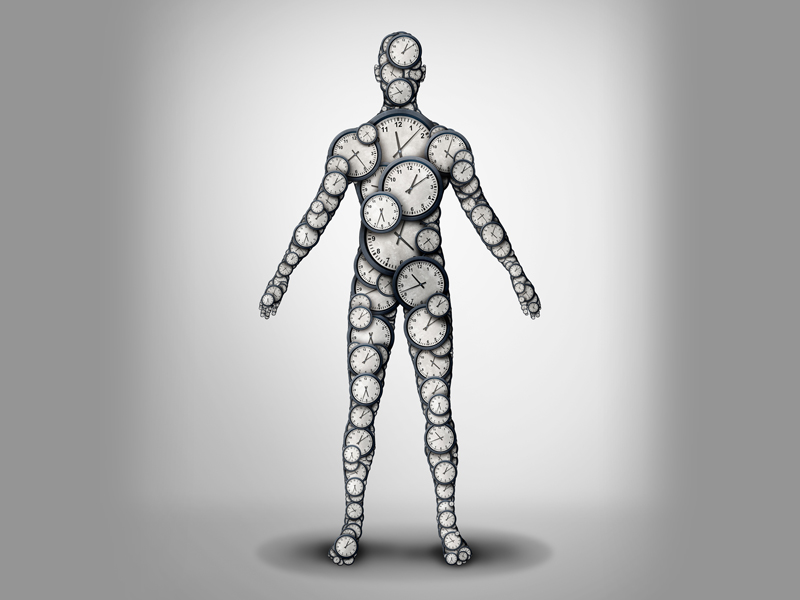Get Easy Health Digest™ in your inbox and don’t miss a thing when you subscribe today. Plus, get the free bonus report, Mother Nature’s Tips, Tricks and Remedies for Cholesterol, Blood Pressure & Blood Sugar as my way of saying welcome to the community!
Want to be younger by this time next year? Read this

Of course, we can’t change our birth dates.
But we do have control over many aspects of the aging process. That’s the premise behind the book Younger Next Year by Chris Crowley, and what health providers mean when they talk about heart age, mental age and biological age.
And guess what can improve the resilience and longevity of your heart, your brain, even your chromosomes?
Your diet!
In other words, by making simple changes in just one area of your life, you can reap benefits in many of your body’s systems. Here’s a closer look at how diet can have that impact…
Your diet and DNA
Research has shown that the length of telomeres, the structures at the ends of chromosomes, influences longevity. Shorter telomeres are linked to disease and a shorter lifespan. But research also shows that we can prevent shortening of our telomeres by making smart lifestyle choices. Both exercise and diet are at the top of that list.
Related: The best and worst diets of 2019
Telomeres love a whole-food, plant-based diet. Researchers suspect that’s because fruits and vegetables supply the fiber and vitamins needed to support telomere integrity. Eating less saturated fat, a natural outcome when you’re eating a whole-food, plant-based diet, may also be helpful: One review shows that replacing even a fraction of the calories we get from saturated fat with something else improves telomere length, though it’s not crystal clear whether it’s less saturated fat itself or other properties of these foods that should be credited.
Your diet and brain health
Had your strawberry banana smoothie today? Drink up: Eating lots of berries may be worth 2.5 years in brain health. The Harvard Nurses’ Health Study, which examined the cognitive function and diet of more than 16,000 women over 70 years of age, found this remarkable link between berries and slowing of cognitive decline.
Researchers attribute the phenomenon to something called anthocyanidins. These super nutrients have powerful antioxidant and anti-inflammatory properties and can even cross the blood-brain barrier and get inside brain regions involved with learning and memory.
But you can only reap these benefits when you eat whole real berries. Berry-flavored “fruit bits,” a common ingredient in many packaged products, just won’t cut it. Which is why at Step One Foods we use only real, whole berries. In fact, anyone who visits our offices when we’re making the smoothie mix can attest that the entire building smells like a strawberry field.
Your diet and heart health
As a country, our hearts are aging faster than they should be: the hearts of American men outpace their chronological age by eight years, and the hearts of American women outpace their age by five years.
Some of the factors that contribute to an “older” heart are beyond our control, such as birthdate and gender. But some — such as cholesterol, blood pressure, blood sugar, and, for many people, weight — can be controlled through diet. Especially a diet that supplies plenty of whole food fiber, healthy omega-3 fatty acids, antioxidants, and plant sterols.
It’s no surprise, then, that people who live in communities where living to 100 is the norm eat plant-based diets that naturally deliver those nutrients. They also, by default, consume very little meat and much less dairy than most Americans consume.
How to do it
Don’t worry: You don’t have to grow your own kale or spend hours in the kitchen to reap these longevity benefits. Make your resolution do-able: Commit to making one small change next month. That could mean implementing Meatless Monday, cooking at home more often, or swapping out a couple of your daily snacks for Step One Foods.
We can’t think of a more delicious way to help turn back the clock.













